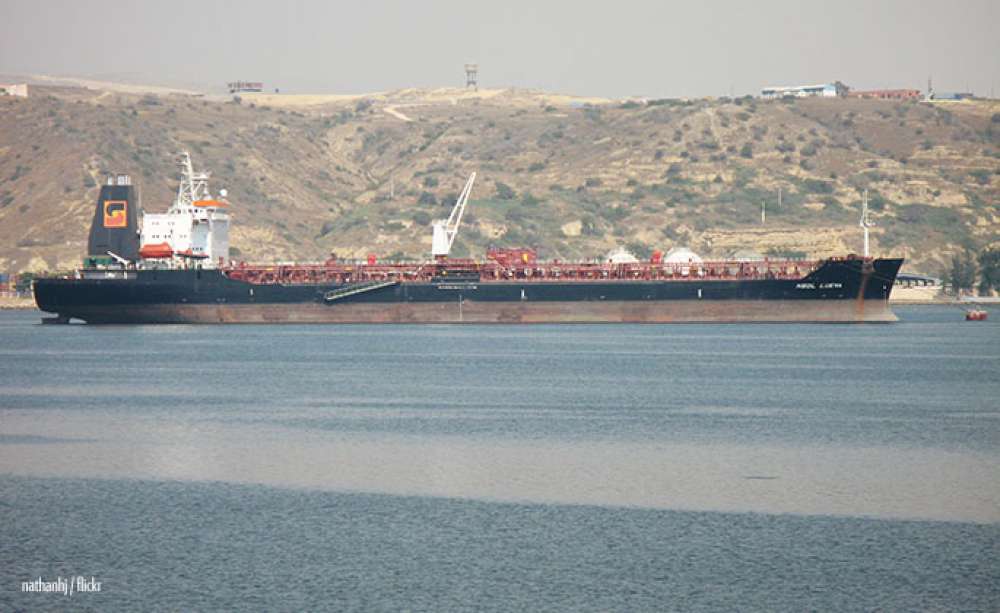Cash-Rich Angola Comes to Cash-Strapped Portugal

Tales of Angolan clout in the former colonial power, Portugal, have occasionally surfaced in the English-language media. What happens when a southern European cash-strapped economy meets a cash-rich and cohesive authoritarian regime seeking to buy up assets and gain political influence? Many discussions have exoticized the relationship and missed the broader lessons. Far from a unique case, this story illustrates broader trends in global politics and provides a cautionary tale for other European states.
Portugal and Angola share a harsh and intimate history. Angola was a prosperous colony with some 350,000 white settlers, sub-Saharan Africa’s largest white population outside South Africa, and loomed large in the Portuguese imperial imagination. Independence in 1975 was traumatic, resulting in a civil war that lasted until 2002, the exodus of the Europeans, and mutual suspicion for some years. By the 1990s, however, the Lisbon establishment came to see President José Eduardo dos Santos’ regime as a trustworthy interlocutor which would protect Portuguese interests.
During this period, the patterns of proximity and collusion that would thrive in later years were established. Lisbon, just like Paris, Brussels or London for other postcolonial elites, became the location of choice for capital flight and real estate acquisition. Portuguese lawyers, bankers and accountants became the trusted stewards of the growing fortunes of Angolan oligarchs. The regime’s children were educated in Lisbon’s best schools, while their parents secretly took up Portuguese passports, just in case. In international forums, the Portuguese government took to defending Angola’s disreputable record. However, these were low-key developments. Portugal was growing healthily and converging with the more prosperous EU economies. Angola, though oil and diamond-rich, was a failed state undergoing a civil war.
About a decade ago, the relationship shifted in Luanda’s favor. The government defeated the rebels and soon benefited from the doubling of oil production and an oil price increase that resulted in a 10-fold expansion of GDP in the decade up to 2013. Buoyed by this extraordinary wealth, which made Angola one of the world’s fastest growing economies — and sub-Saharan Africa’s third largest — the regime sought to remake the country in its own image and reinvent its status in the world. Portugal’s troubles came almost as precipitously as Angola’s rise. Even before the 2008 financial crisis, the economy had tanked, but the eurozone turmoil led Lisbon into debt, recession and the arms of international lenders.
…
To read the full piece, please visit Politico Europe.







